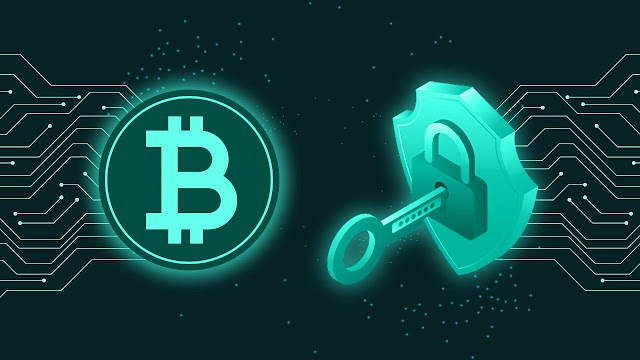What Is The Most Crucial Technology For Fixing Global Problems?
The world faces numerous global challenges. These problems range from access to clean drinking water to climate change. However, there is no doubt that new technology holds the key to tackling these problems.
Access To Safe Drinking Water
Access to safe drinking water is critical to the well-being of society, especially in developing countries. In addition to protecting individual health, clean water is necessary to ensure the production of life-saving food. It also creates jobs. Increasing population, rapid urbanization, and climate change are driving pressure on cities to deliver water to millions living in informal communities. As a result, governments must improve capacities for planning, coordinating service provision, and strengthening existing institutions.
One in three people worldwide needs access to safe drinking water. However, the progress towards access has been uneven and fragile. Developing nations are facing the most severe water shortages. This is because they have fewer resources, lack wastewater treatment technologies, and meet a range of other barriers. The World Bank has helped countries address this shortage through financial assistance. But more aid is needed.
AI Appraisals Of Other Diagnostics
The medical industry may be the home of the human, but the latest and most significant may be the least of the bunch, and that is a bad no more. One way to combat this is to be tech-savvy, and one way to do that is to rely on the enlightened. This can be accomplished by leveraging. A tech-savvy workforce with a mind to match. This can be a tumulous challenge, albeit a fun and rewarding one.
Smart Cities
Smart cities are becoming a reality as the technology behind them becomes more advanced and more affordable. While they may not solve all the problems facing the world's cities, they provide essential benefits that will help improve their infrastructure and quality of life.
In addition to their merits, smart city technologies are influenced by the surrounding environment, which means that their effectiveness depends on the context in which they are deployed.
For example, an intelligent traffic management solution might be used to minimize congestion, reduce air pollution, and conserve resources. A connected vehicle grid might allow autonomous vehicles to avoid congestion or communicate with each other. The Internet of Things will enable these technologies to become more ubiquitous and facilitate new applications.
Data Analytics And Virtual Reality
The next decade's data analytics and virtual reality will change how we do business. Specifically, it will enhance collaboration, create more effective teamwork, and improve decision-making. And, perhaps most importantly, it will give humans the tools they need to survive and thrive.
For example, there are some impressive statistics if you know where to look. Some of the more extensive data sets can be found in the cloud. One of the most significant investments the White House has made is in big data projects. Interestingly, a recent study from Accenture revealed that 60 per cent of federal agencies are using augmented reality, and a staggering 54 per cent are implementing mixed reality.
What's more, augmented and virtual reality is technologies that will be used in conjunction with each other. For example, a simulated digital experience can be safer and more cost-effective than a conventional training program. Moreover, the augmented and virtual reality of the next decade will be much more than the sum of its parts.
Climate Change
Despite a decade of progress, global greenhouse gas emissions still need to fall by half by 2030. That means bringing clean technologies to scale. This will require superpowers from all parts of the economy. The United States plays an essential role in this effort. With its long history of technological innovation, the United States is the natural place to focus on developing the technologies needed to mitigate climate change. But it will need more help to bring these solutions to scale.
Adaptation will help reduce the effects of climate change. However, it will not replace mitigation. Instead, it will help to protect infrastructure and agriculture and address the risks of extreme weather events. It will also help to better monitor and quantify emissions. Advances in artificial intelligence and the internet of things can make this process more effective and transparent.
Author Bio
Tobin John holds a PhD degree from a prestigious university. He is associated with one of the best business plan writing services and has been providing professional business writing services for over 15 years. After completing his Master, he started providing online business writing services on different platforms. Once his PhD was completed, he professionally joined service providers and now works for them.




Comments
Post a Comment